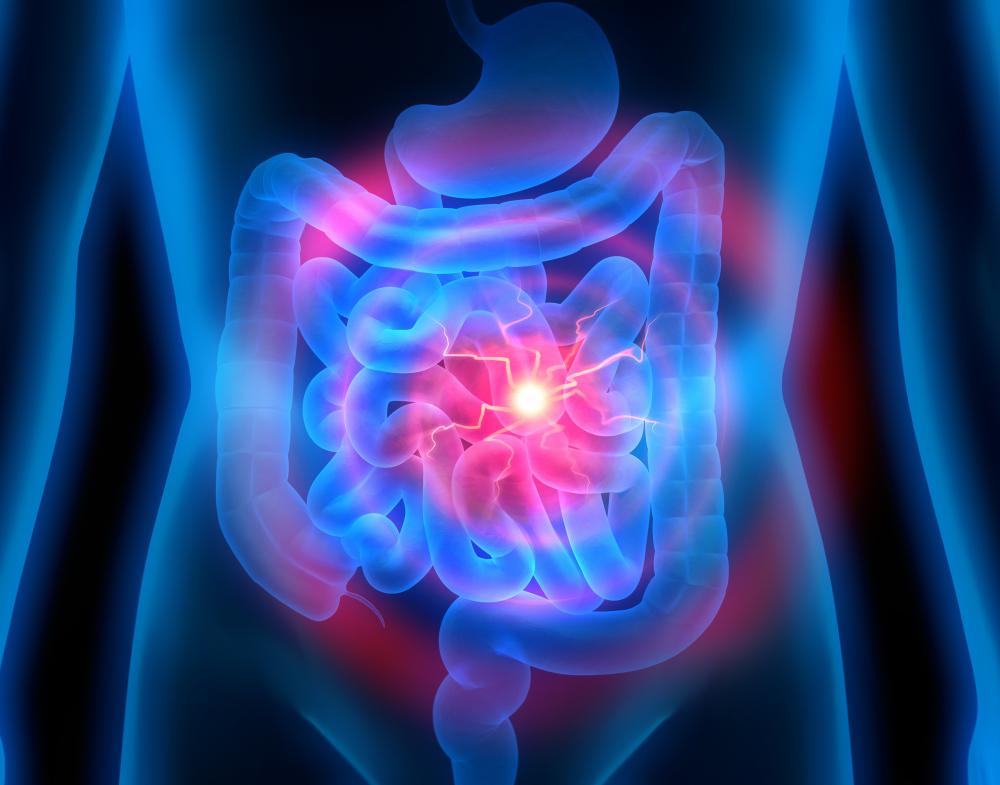At WiseGEEK, we're committed to delivering accurate, trustworthy information. Our expert-authored content is rigorously fact-checked and sourced from credible authorities. Discover how we uphold the highest standards in providing you with reliable knowledge.
What are Plant Sterols?
Plant sterols are phytochemicals that are found naturally in fruits, vegetables, and nuts. Other foods that are natural sources include seeds, legumes, and cereals. Decades ago, researchers developed strong beliefs that plant sterols could block the absorption of some cholesterol in the small intestine. Since the body generally eliminates the cholesterol that it does not absorb, these phytochemicals were believed to be helpful to people’s health.
Cholesterol is a fat-like substance that can be a danger to human health but it is also essential. Cholesterol provides structure for human cells and is a building block for hormones. It is therefore important that people consume some cholesterol. Excessive amounts, however, are connected to problems such as coronary heart disease (CHD).

Many studies that have been conducted over the years indicate that these phytochemicals can help to lower total cholesterol and low density lipoprotein (LDL) cholesterol. The problem with attempting to get benefits from eating them naturally is that plant sterols tend to occur in small amounts in natural sources. It is estimated that, in Western diets, if these phytochemicals are not added to foods, a person may only eat a few hundred milligrams per day. These low levels are not believed to be enough to have an impact on cholesterol absorption.

Plant sterols are therefore often added to foods. This is done by extracting the phytochemicals from natural sources and modifying them so that they can be used for food processes that allow them to be added to other foods. In the European Union, for example, producers of salad dressings, milk, and soya drinks are allowed add plant sterols to their products. Labeling regulations require clear indication that these additives are contained in food items.

In the United States, they can be found in butters, bread, and breakfast cereals. Products that contain added plant sterols can qualify to claim that they help reduce CHD risk. Any products that wish to make the claim must also meet requirements for low saturated fat, low cholesterol, and have less than a specified amount of fat per serving.
It is generally believed that cholesterol reduction benefits begin when a person has consumed one gram of plant sterols. Benefits continue to increase up to three grams. It is believed that cholesterol reduction benefits are not increased by consuming more than three grams.

Consuming two or more grams daily for more than a month may result in reduced plasma carotenoid levels. There are some indications that these reductions can be prevented by eating five servings of green, yellow, and orange fruits and vegetables which can be packed with carotenoids, an important group of plant pigments. Other health concerns regarding plant sterols include risks of atherosclerosis and plaques that build up and produce heart attacks or strokes.

People are generally encouraged to use other methods of cholesterol management in addition to plant sterols. Instead of relying totally on these additives, people are often advised to reduce the fat in their diets. In cases where cholesterol may already be elevated, a person may need statins or other cholesterol-lowering drugs.
AS FEATURED ON:
AS FEATURED ON:















Discuss this Article
Post your comments